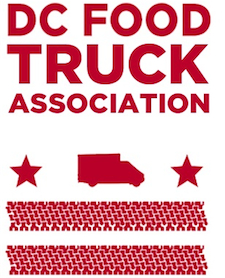I’ve lived near Washington, D.C., for 21 years, but somehow the local obsession for the Washington Redskins has never taken hold. Most of my “NFL time” has been spent rooting for Washington’s agony of defeat.
Recent seasons have been very, very good to me. But this year, an impressive rookie quarterback, Robert Griffin III, led the team into the playoffs. In the opening game, RGIII and the ’Skins jumped out to a 14-0 lead. But Griffin, already hurt, re-injured his knee and had to leave the game. The Seattle Seahawks came back to win, ending the Redskins’ season.
That’s when Washington Post columnist Courtland Milloy pounced, blaming the team’s loss squarely on “bad karma” caused by the “offensive team name and demeaning sports mascot.” Milloy even called the star quarterback a “noble savage.”
Sports columnist Mike Wise urged Griffin to take up the issue of the team’s name. “I just figure that, as a good, decent inhabitant of the planet,” Wise wrote, “he would respect the groundswell of offended people who don’t want to cheer for a team that enshrines America’s persecution of its indigenous people.”
Hey, Native Americans are cool, and U.S. Government policy toward misnamed “Indians” was very uncool — and dishonest and corrupt. So while I hate to see teams being coerced to toss out mascots like Chiefs, Braves, Warriors, Fighting Sioux, Seminoles, Fighting Illini, I think it a grand effrontery that Washington’s football team is named the Redskins.
It’s not just that the name “Redskins” offends — the mascot represents Washington, home to the government that cheated and abused Native Americans.
This is Common Sense. I’m Paul Jacob.
